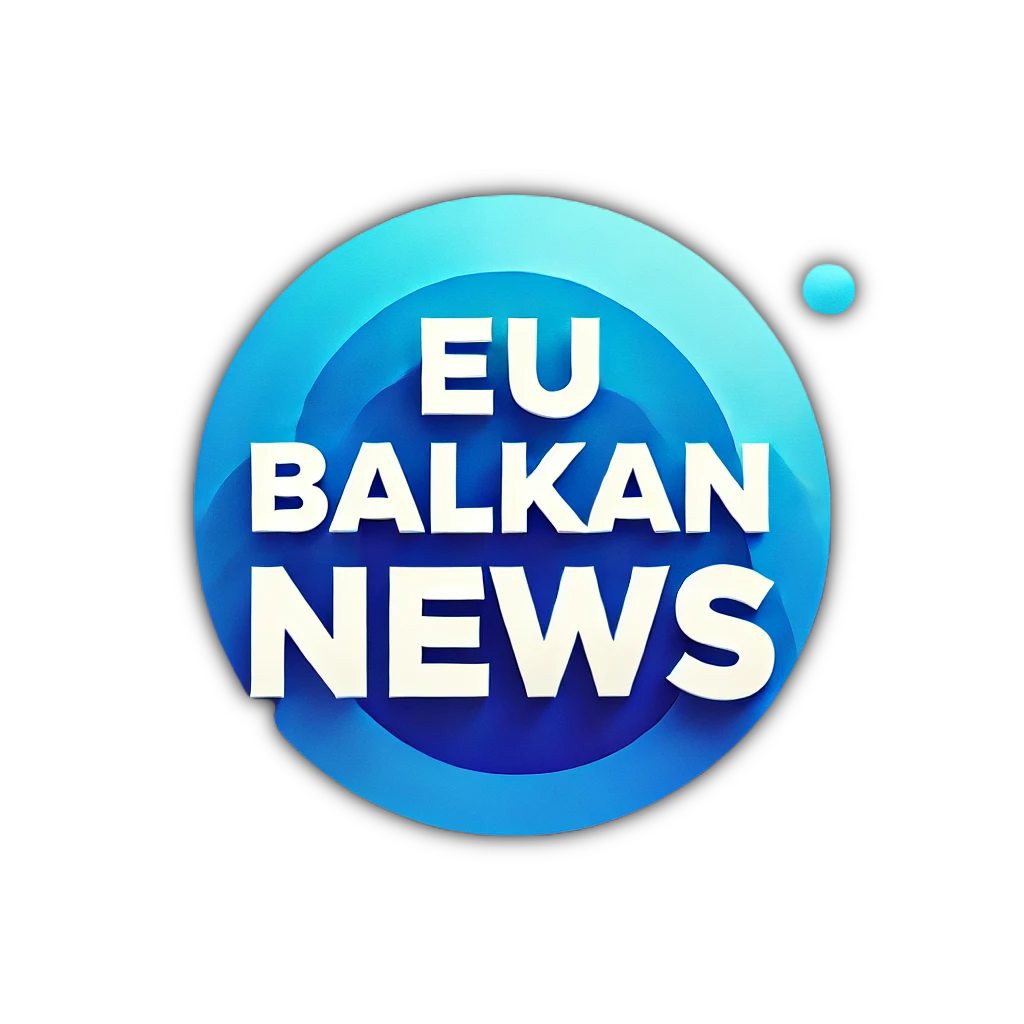Greece is witnessing a remarkable turnaround as its "Brain Gain" initiative successfully encourages the return of skilled professionals who left during the economic crisis. With over 350,000 Greeks returning home, the initiative is reshaping the workforce and driving innovation across key sectors, particularly in information technology.
Key Takeaways
- Over 350,000 Greeks have returned since 2019, marking a significant reversal of the brain drain.
- The majority of returnees are employed in high-value sectors such as IT, education, and health.
- Personal reasons, alongside economic improvements, are primary motivators for repatriation.
The Return of Skilled Professionals
The Greek government has made concerted efforts to reverse the brain drain that saw approximately 680,000 citizens leave the country during the economic crisis. According to recent studies, more than half of those who emigrated have now returned, with many finding employment in dynamic industries.
A survey conducted by the National Documentation Center revealed that:
- 46% of returnees work in Greek companies or organizations.
- 83% are either employed locally or self-employed, contributing significantly to the economy.
- 7% work remotely for foreign companies, further enhancing Greece’s economic landscape.
Motivations Behind the Return
While professional opportunities play a role, personal and family reasons are the primary drivers for many returnees. Key findings include:
- 63% of returnees moved back after 2019, coinciding with improvements in the Greek economy.
- 38% cited economic recovery as a factor in their decision to return.
- 20% attributed their return to the improved political climate in Greece.
Employment Landscape for Returnees
The returning workforce is predominantly employed in sectors that are crucial for Greece’s economic growth. The distribution of employment among returnees is as follows:
- New Technologies/IT: 10%
- Education: 10%
- Health: 7%
- Construction: 11%
- Consulting Services: 7%
- Wholesale/Retail Trade: 6%
- Tourism: 6%
The average salary for returnees is reported to be over €2,300, with many expressing optimism about their future in Greece.
Economic Impact of the Brain Gain
The influx of skilled professionals is not only revitalizing the workforce but also fostering innovation and growth in key sectors. The returnees bring valuable experience and skills acquired abroad, enhancing competitiveness in the local job market. Notably:
- 44% of returnees earn more than €1,500 monthly.
- 27% earn between €1,501 and €3,000, while 17% earn over €3,001.
This trend is expected to continue as Greece’s economic landscape improves, making it an attractive destination for skilled professionals.
Conclusion
Greece’s Brain Gain initiative is proving to be a successful strategy in reversing the brain drain and revitalizing the economy. With a growing number of skilled professionals returning, the country is poised for a brighter economic future, driven by innovation and a robust workforce.

